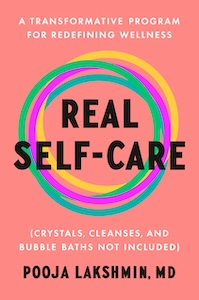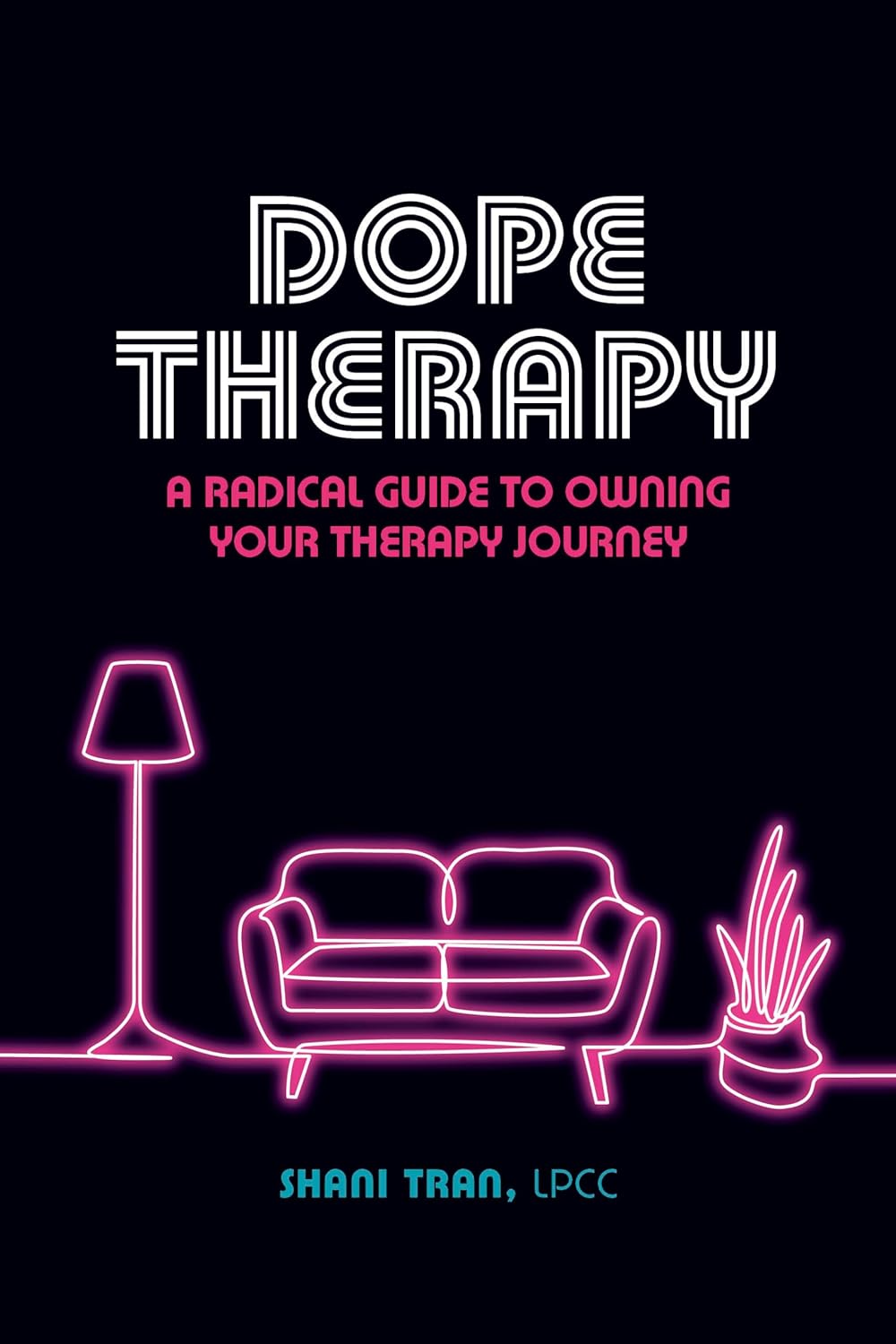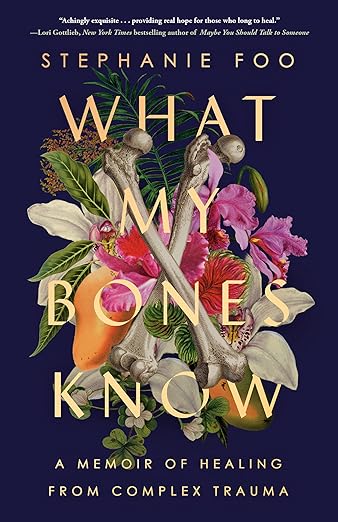
7 Books for Better Mental Health
May is Mental Health Awareness Month. Whether or not you are among the 1 in 5 adults who experience mental illness each year, you almost definitely know folks who are, and your mental health is an important component of your overall health regardless. There’s no substitute for good mental health treatment, which should be accessible and affordable for everyone, but as with many things in life, books can be a helpful starting point or supplement.
Take Good Care of Yourself

When radical Black activists popularized the concept of self-care in the 1960s and ‘70s, they weren’t talking about hitting the spa or taking a bubble bath. Those things can certainly be elements of self-care (and as a longtime fan of spending an hour in the tub every night, I’m here to tell you it’s excellent), but they don’t address the underlying causes of stress or the systemic sources of inequity that are harmful to our wellbeing.
Real self-care can’t be bought. It’s the internal process of making decisions that align with your values, setting boundaries, asserting yourself, and practicing self-compassion. Not as easy as a trip to Target! That’s why I’m an evangelist for Pooja Lakshmin MD’s Real Self-Care, breaks the work into manageable steps and offers tools to help you identify your personal version of real self-care.
Looking for guidance on how, exactly, to set those boundaries and assert yourself without feeling or acting like a jerk? Run, don’t walk, to Set Boundaries, Find Peace and its companion workbook by therapist Nedra Glover Tawwab.
Demystify Therapy
Therapy-speak is all over social media, and while destigmatizing therapy is a huge win, short-form videos about narcissism and Instagram slides about the trauma response can flatten and over-generalize a complex, deeply personal process. In reality, therapists rarely make TikTok-friendly pronouncements, and the big lessons are nearly impossible to boil down to a soundbite.

If you’re circling around the idea of therapy but haven’t yet sat on the proverbial couch, Shani Tran’s Dope Therapy is here to help you set your expectations, find a therapist, navigate the process, troubleshoot when it feels like therapy isn’t working, and identify when you’re ready to wrap up. Tran recognizes that sometimes the things we need help with can make it even more difficult to seek that help, and her guidance is especially focused on making therapy easier and more approachable for queer and BIPOC folks and other members of historically marginalized communities.
Wondering what your therapist is really thinking about while you’re spilling your guts? Don’t miss Maybe You Should Talk to Someone by Lori Gottlieb, who takes readers into the therapy room during her sessions with clients (all anonymized, of course) as well as her sessions with her own therapist (!). In sharing her experiences as both therapist and client, Gottlieb reminds us that therapists are just people, too. This memoir is warm, funny, and affirming no matter where you are in your therapy journey.
Understand Trauma
In the public conversation about trauma—what progress, that we even have a public conversation about trauma!—folks often point to The Body Keeps the Score, which has been chilling on bestseller lists for the last several years as we all tried to make sense of a certain unprecedented presidential administration followed by a global pandemic. It’s a good read, certainly, if you’re interested in the theoretical and clinical side of things, but we’re not here today to talk about theory. Here are two more personal approaches that can help you understand what trauma is and how it might show up in your life, family, and relationships

In It Didn’t Start With You, Mark Wolynn lays out research findings that explain and illustrate the ways that trauma can be passed down from one generation to the next, creating patterns of trauma of mental illness in families. Wolynn developed a therapeutic technique called the Core Language Approach, which he presents here, along with guidance and practical tips for applying his findings to your own healing. Relatedly, Lindsay C. Gibson’s Adult Children of Emotionally Immature Parents should be required reading for anyone who was raised by people who either didn’t have access to therapy or refused to go. I haven’t come across a book that does a better job drawing a clear line between our earliest relationships and interactions and the patterns of communication and attachment we develop as adults.
Finally, What My Bones Know by Stephanie Foo is a searing memoir about the experience of living with complex PTSD and the lifelong work of recovery. Equal parts painful and inspiring, it’s a powerful argument for hope, resilience, and reclaiming your story.
Want to request recommendations or suggest the topic of a future installment? All Access members can do just that! Upgrade your subscription for access to this and other bonus features.












Leave a comment
Become an All Access subscriber to add comments.